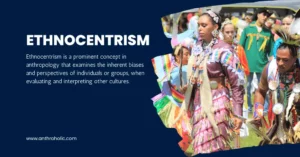AI Answer Evaluation Platform Live Now. Try Free Answer Evaluation Now

Case Study Method
The case study method is typically used in social sciences, such as anthropology, sociology, and psychology, to explore real-life, complex, multifaceted phenomena within their context. It often involves a blend of various data collection techniques, including interviews, observations, and document analysis.





